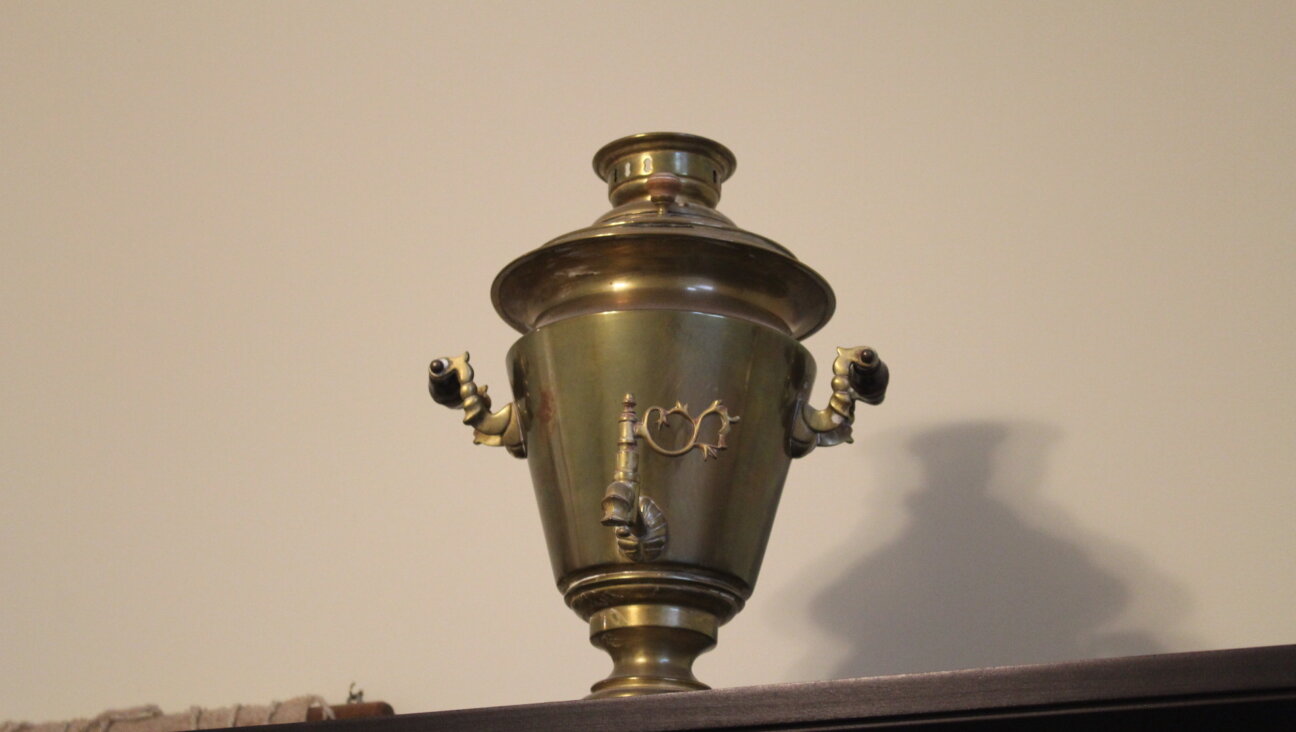Decalogue or Eleven-alogue?
The Decalogue, or Ten Commandments — so a federal court has decided, citing the Constitution’s separation of church and state — must be removed from the rotunda of the Alabama State Judicial Building in Montgomery, together with the granite monument on which they were carved.
Or is it the Eleven Commandments? Anyone counting the number of commandments appearing in photographs of the monument’s two tablets of the Law — something that, to the best of my knowledge, no one but the author of this column has bothered to do — can’t help blinking. Nine….ten….eleven. You can count them from top to bottom or bottom to top, left to right or right to left; they still come out the same.
That’s right, Eleven: Five on the left-hand tablet and six on the right-hand one. On the left we have, “I am the Lord thy God”; “Thou shalt have no other Gods before me”; “Thou shalt not make unto thee any graven image”; “Thou shalt not take the name of the Lord thy God in vain,” and “Remember the Sabbath day to keep it holy.” And on the right, “Honor thy father and thy mother”; “Thou shalt not kill”; “Thou shalt not commit adultery”; “Thou shalt not steal”; “Thou shalt not bear false witness,” and “Thou shalt not covet.”
Eleven.
What gives?
No, Alabama has not invented a new commandment. What gives can be explained by three things: 1) The difference between the Christian and Jewish — or more precisely, Hebrew — terminology for the Decalogue; 2) The consequent fact that, as the U.S. Circuit Court of Appeals in Atlanta noted, “Jewish, Catholic, Lutheran, and Eastern Orthodox faiths use different parts of their holy texts as the authoritative Ten Commandments,” and 3) The desire of the state of Alabama, or of whoever designed the monument, to be ecumenical.
Let’s start with No. 1. What is called “The Ten Commandments” in English and other European languages, a phrase translated from the Latin Decem Mandati, is known in Hebrew as Aseret Ha-dibrot, “the ten dibrot.” A diber (singular of dibrot) is not a mandatus or commandment; rather — a noun deriving from the verb daber, to speak — it means an act of speech or an utterance, as in the verse in Jeremiah, “And the prophets shall become wind and the utterance [diber] is not in them.” The Aseret Ha-dibrot in Jewish tradition are thus “The Ten Utterances,” not “The Ten Commandments.”
This brings us to No. 2. As Bible readers know, the narration of the giving of the Decalogue in the book of Exodus begins, “And the Lord spoke all these words saying: I am the Lord thy God who brought thee out of the land of Egypt, the house of bondage. Thou shalt have no other Gods before Me….”
What is the first of the 10 “utterances” or commandments? This indeed depends on whether they are utterances or commandments. If they are the former, they begin with “I am the Lord thy God who brought thee out of the land of Egypt.” Yet if it is commandments we are looking for, we must begin our count with the next verse.
This distinction accounts for the fact that Jews and Christians have different versions of the Decalogue. If you look at the tablets of the Law displayed in many synagogues, you will see that they begin with the Hebrew “utterance” anokhi adonai elohekha, “I am the Lord thy God.” For Christians, on the other hand, the first commandment is, “Thou shalt have no other Gods before me.”
This raises an obvious question: If Christianity doesn’t count the first verse of the Hebrew Decalogue, how come it hasn’t ended up with just nine commandments?
The answer is that, to keep the commandments at 10, a number inherited from Jewish tradition, Christians divide one of the Jewish “utterances” into two. Different churches have done this in different ways. The most common of these, the one appearing on the Alabama monument, has been to take the second “utterance,” which in Jewish tradition is the longest of the 10 and spans verses 3 through 6 of Exodus 20, and to split it into the first and second Christian commandments, the former consisting of Exodus 20:3, “Thou shalt have no other Gods before me,” and the latter of Exodus 20:4-6, “Thou shalt not make unto thee any graven image,” et cetera.
Why, then, are there 11 and not 10 commandments on the Alabama monument? That’s where the ecumenicism comes in. Not wanting to offend either Christians or Jews, the monument’s makers decided to include both versions of the Decalogue — that is, Judaism’s first “utterance” and Christianity’s first and second commandments. This makes the third commandment, “Thou shalt not take the name of the Lord thy God in vain,” number four on Alabama’s list; the fourth commandment, “Remember the Sabbath day,” number five, and so on until the tenth, “Thou shalt not covet,” which is Alabama’s eleventh.
It’s just as well that the Court of Appeals decided as it did. Whatever you call them, it’s hard enough keeping only 10.
















